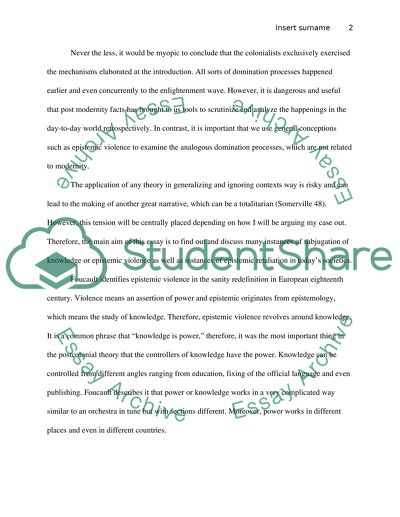Cite this document
(“Critical Gender Study Analytical Paper Prompt Term - 1”, n.d.)
Critical Gender Study Analytical Paper Prompt Term - 1. Retrieved from https://studentshare.org/gender-sexual-studies/1617218-critical-gender-study-analytical-paper-prompt
Critical Gender Study Analytical Paper Prompt Term - 1. Retrieved from https://studentshare.org/gender-sexual-studies/1617218-critical-gender-study-analytical-paper-prompt
(Critical Gender Study Analytical Paper Prompt Term - 1)
Critical Gender Study Analytical Paper Prompt Term - 1. https://studentshare.org/gender-sexual-studies/1617218-critical-gender-study-analytical-paper-prompt.
Critical Gender Study Analytical Paper Prompt Term - 1. https://studentshare.org/gender-sexual-studies/1617218-critical-gender-study-analytical-paper-prompt.
“Critical Gender Study Analytical Paper Prompt Term - 1”, n.d. https://studentshare.org/gender-sexual-studies/1617218-critical-gender-study-analytical-paper-prompt.


